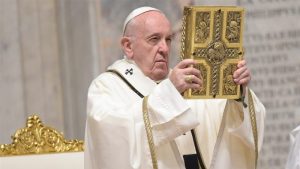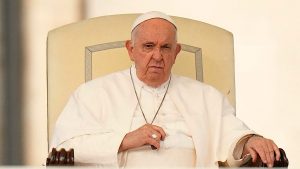Two Russians convicted for coup plot in Europe

They and eleven other people from Montenegro and nearby Serbia were sentenced on Thursday at the high court in the capital Podgorica, Reuters reports. Judge Suzana Mugosa ruled that the group tried to take over the country’s parliament on the eve of elections in October 2016, and to kidnap then- Prime Minister Milo Djukanovic with the aim of derailing the country’s NATO membership bid. Eduard Shishmakov and Vladimir Popov received 15- and 12-year jail terms respectively. Interpol has issued a red notice for them.Shishmakov was also tried for inciting acts against the constitution and safety of Montenegro. The prosecution marked the pair out as the coup’s masterminds, claiming that they were Russian intelligence agents, which the Kremlin denies. Moscow has repeatedly called the allegations about their role in the coup “absurd.””Moscow must desist”After the verdict was read out in court, which lasted for six hours, the Montenegrin government said that “the judiciary has shown its adherence to its constitutional position of autonomy and resilience against every kind of pressure and external influence,” via Twitter. “Montenegro has once again shown that its statehood and independence rest on solid foundations of the rule of law, which no one can or will be able to shake,” the Government added. UK Foreign Secretary Jeremy Hunt called the 2016 coup attempt the most “outrageous examples of Russia’s attempts to undermine European democracy,” in a statement on Thursday. “Russia is a great country and central to European civilization. Moscow must desist from any attacks that undermine the territorial integrity and democratic processes of its neighbors or other sovereign states,” he added. “The UK calls on Russia to choose a different path — to uphold the security of Europe, respect the rules based international system that keeps our societies safe, and to work together with us to fulfill our common responsibilities as permanent members of the UN Security Council.”Montenegro became NATO’s newest member in June 2017. Its formal invitation to join the alliance in 2015 spurred threats from Russian officials, who are at odds with NATO over a multitude of issues, including Turkey’s downing of a Russian warplane in December 2015.CNN’s Milena Veselinovic reported from London. Tara John wrote from London.







